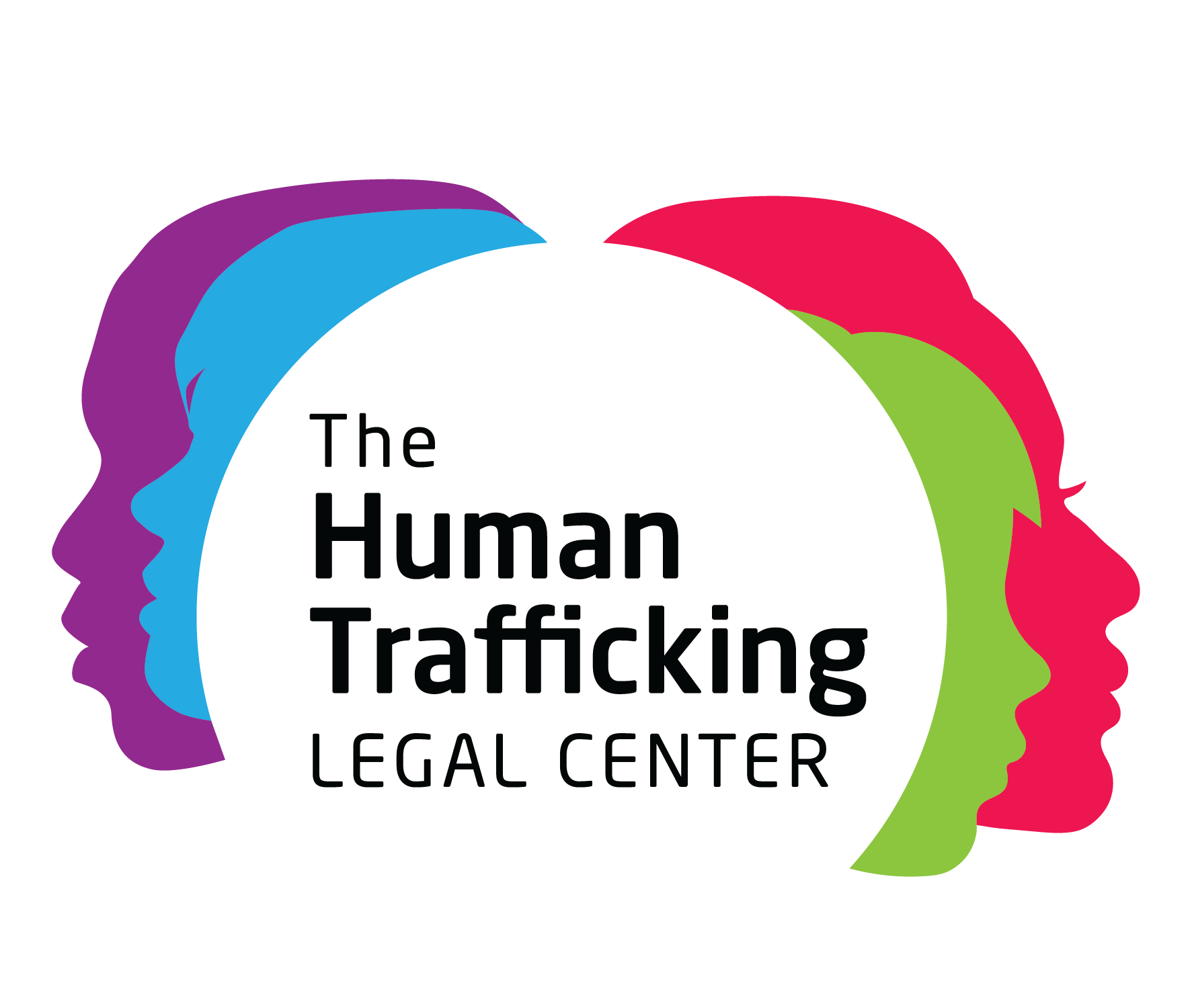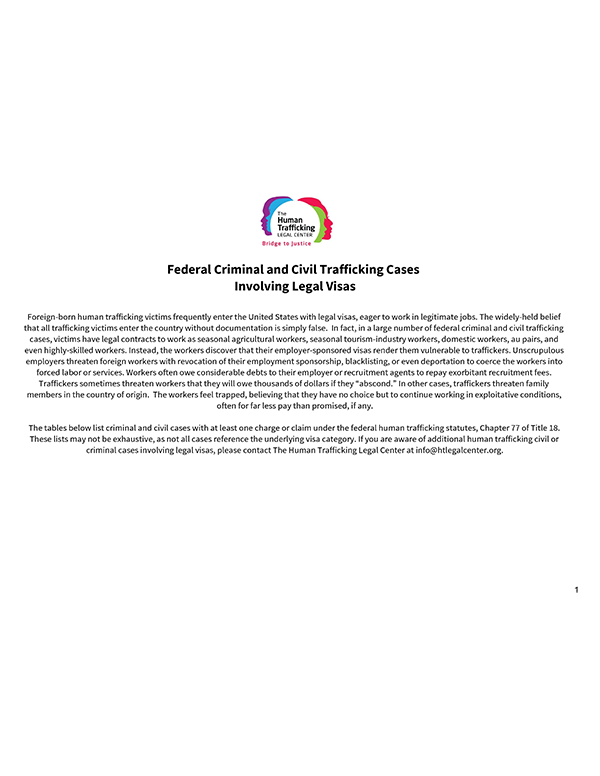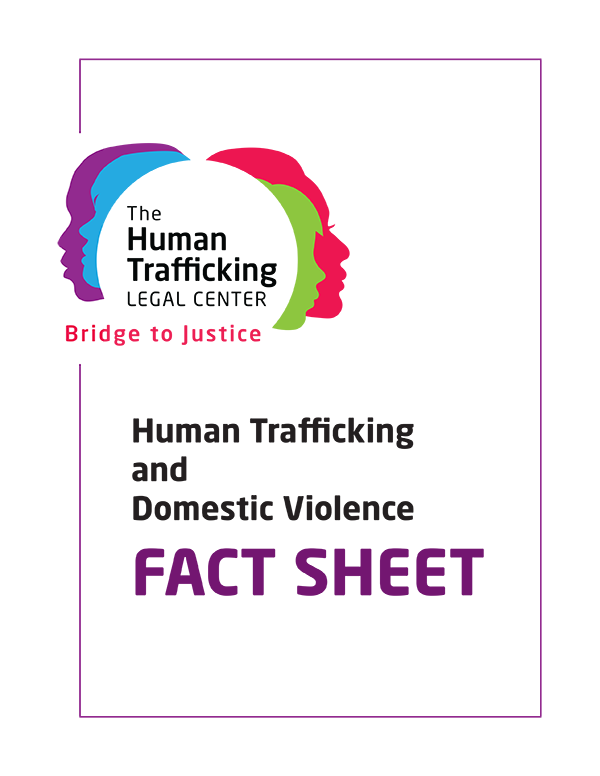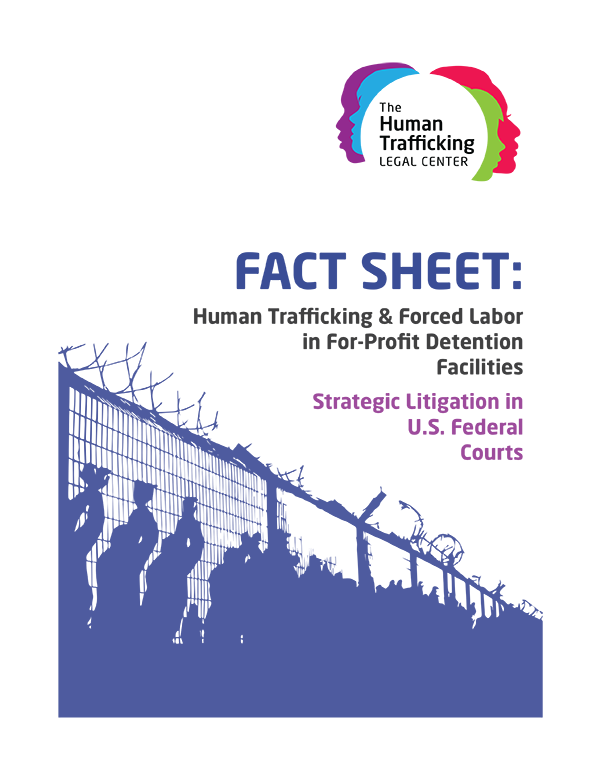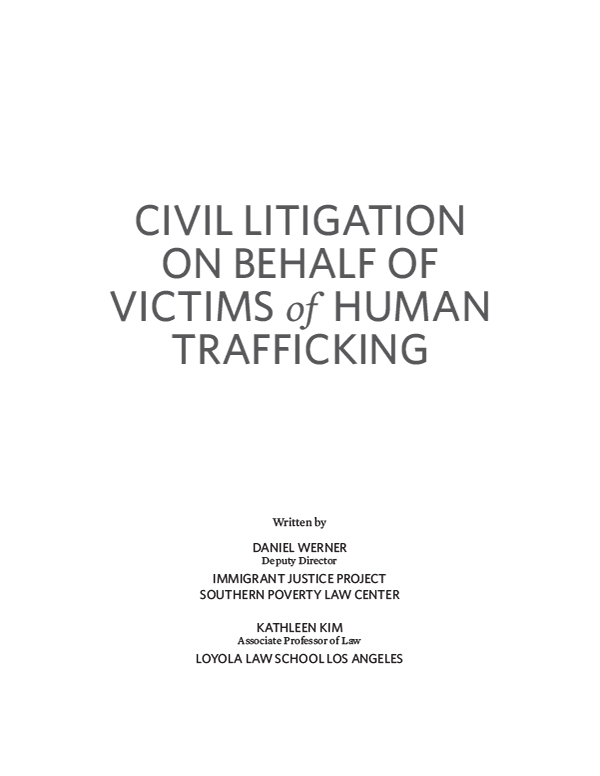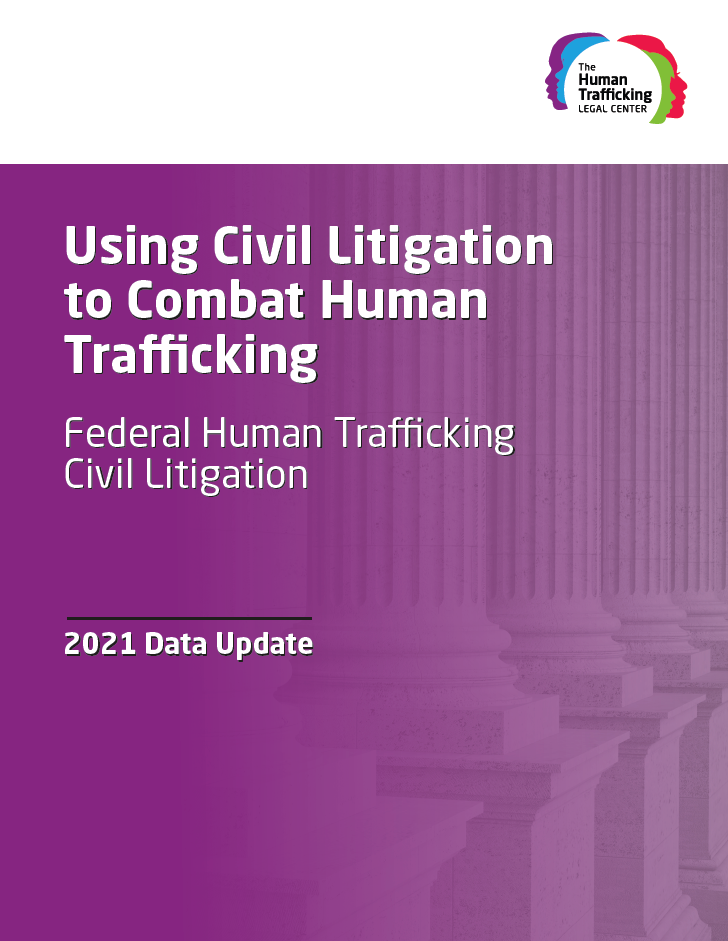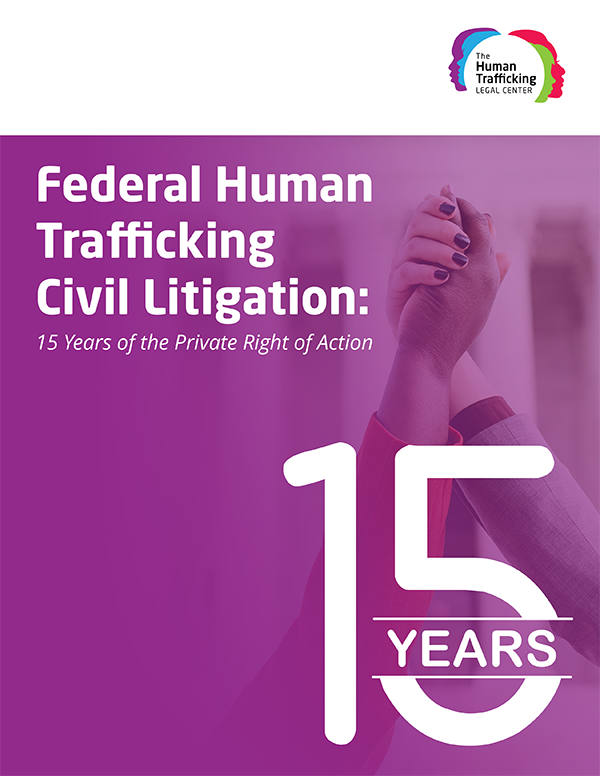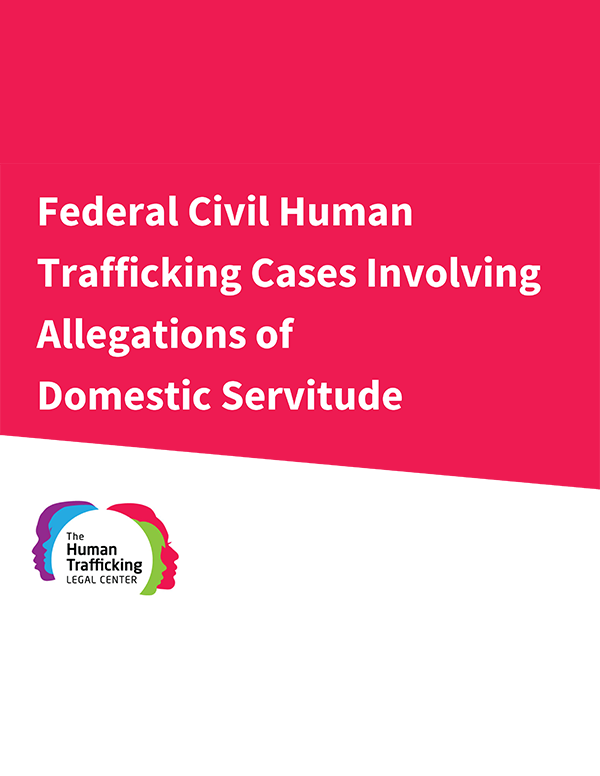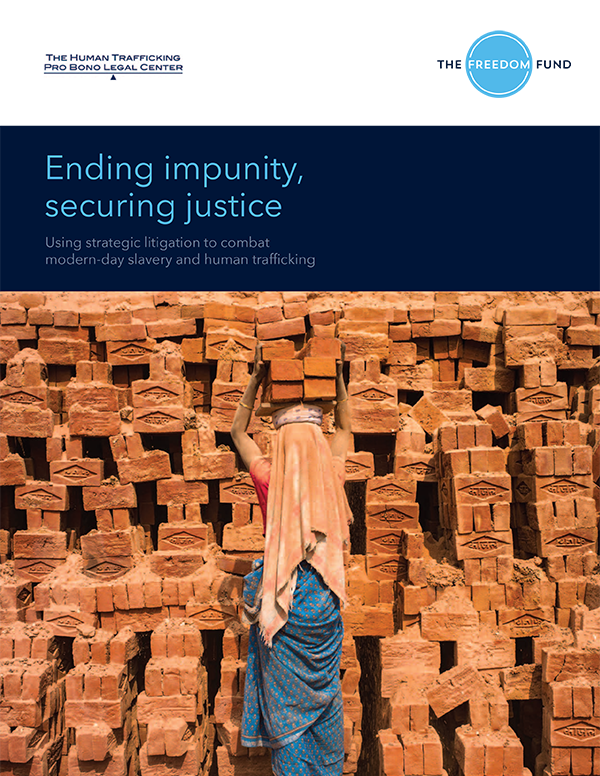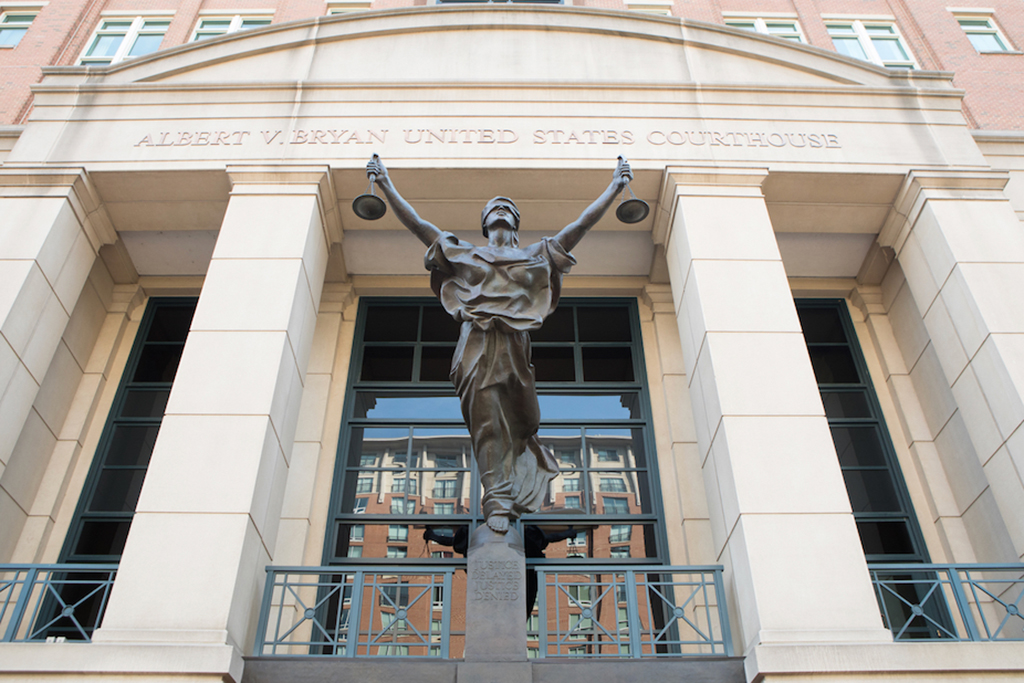
Strategic Litigation
Survivors of forced labor rarely see their day in court. Strategic litigation is often the only path to justice for trafficking survivors.
Things to Know
Governments continue to fail to hold traffickers criminally accountable for forced labor.
In the 2020 Trafficking in Persons Report, the U.S. State Department reported just 1,115 prosecutions in the entire world for forced labor. That is one prosecution for every 18,027 victims that the International Labour Organization estimates are held in forced labor.
The vast majority (77%) of civil human trafficking cases filed in federal courts have alleged forced labor.
For labor trafficking survivors, civil litigation may be the only path to justice.
The number of federal civil trafficking cases has risen steadily since 2003.
2003 marked the first year civil trafficking cases became possible to file in U.S. federal courts. Since then, trafficking survivors have brought more than 450 cases against their traffickers and those who financially benefit from their exploitation.
Impact
Trafficking survivors have won more than $255 million in civil damages and public settlements over the last 18 years. This number, a quarter of a billion dollars, represents a form of restorative justice for trafficking survivors.
A Form of Restorative Justice
When prosecution fails, as it so often does in forced labor cases, trafficking survivors have the right to file civil suits in federal courts. Filing a civil human trafficking case allows trafficking survivors to pursue justice on their own terms. Pro bono attorneys stand beside trafficking survivors as they assert their legal rights. The goal is for survivors to thrive and achieve economic independence.
Raising Risk & Creating Deterrents for Traffickers
Civil litigation provides a powerful tool to hold traffickers accountable. In one case referred to pro bono counsel by the Human Trafficking Legal Center, a victim recovered more than $400,000 in damages after the pro bono firm enforced a U.S. federal court decision in a foreign jurisdiction.
Data Story
In 2003, Congress passed a law allowing trafficking victims to recover civil damages in federal courts. Since then, the number of cases filed has increased year after year.
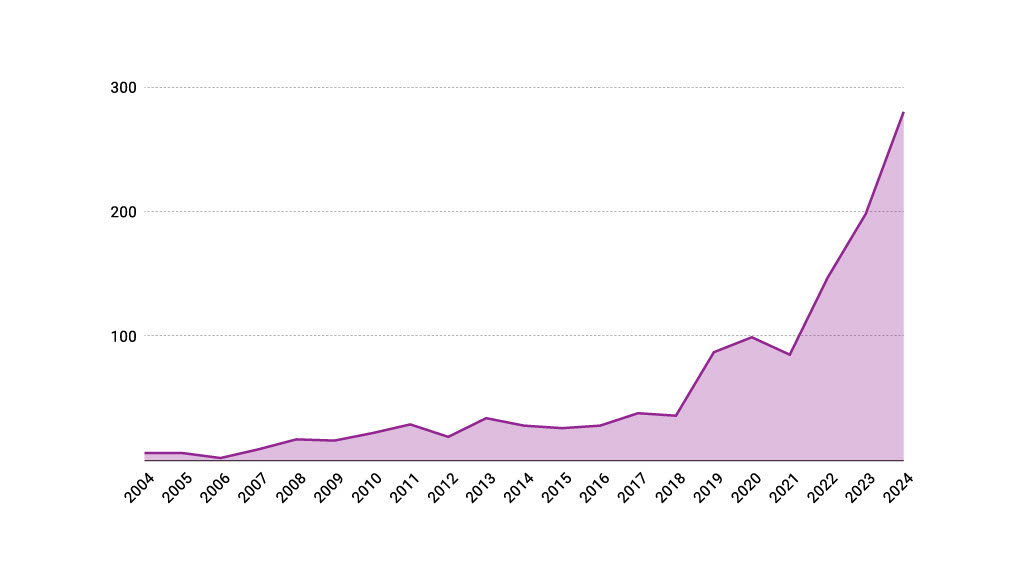
As of December 31, 2024, plaintiffs filed 1,212 cases under Section 1595 of the TVPRA. In the twenty-one years since the enactment of the civil remedy, filings have grown from just six cases in 2004 to 280 in 2024.
